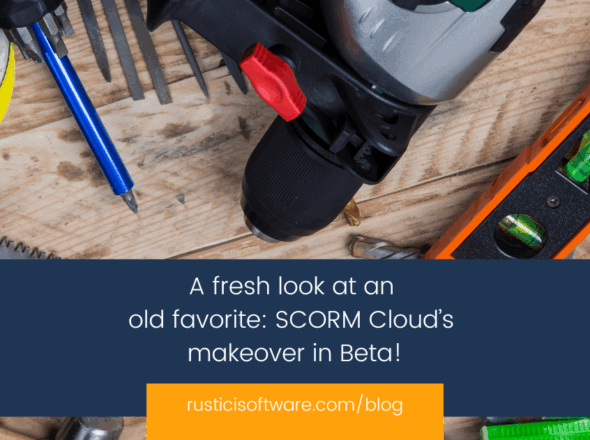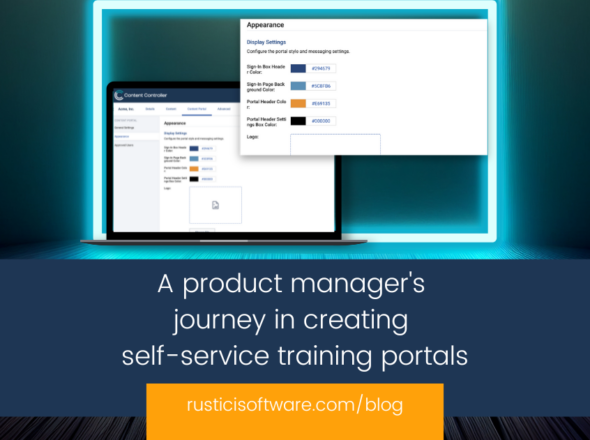Following up from a recent post about some of the major endeavors we are tackling in 2019, we wanted to go into more detail about how we are enhancing our products to help improve the way that content libraries and learning platforms interact. A large set of work we’ll be doing in 2019 is adding pre-built content integrations into our Rustici Engine product to enable our customers to more easily integrate third-party content libraries into their platforms.
If you’ve been to a recent learning conference you’ve probably seen all of the marketing materials touting the “Netflix-style” training available in various learning platforms. Watching these types of UI and UX improvements beginning to popup in various learning platforms is exciting, but only half of the battle. This new direction of the industry won’t succeed if we focus on application improvements only. Often, folks believe their sleek new interface with thumbnails that gently glide from side-to-side is all it takes to deliver a “Netflix-style” experience. And that’s right, mostly. It is about how a learner can discover and access content. But there is another key component to delivering this type of experience beyond just a modern UI; access to content.
Designing and delivering this highly curated content experience relies heavily on having an extensive content catalog to make great learner playlists and recommendations. Whether your new learning platform is an LXP, LMS, Content Curation platform, or something else, it’s clear learners and businesses expect the ability to find the training they need, when they need it.
So where do we fit in?
Starting in 2019, expect to see Rustici Engine help connect platforms and content libraries together in a more efficient and user friendly way. We are adding pre-built integrations for Rustici Engine that will utilize APIs to connect named content libraries and Engine-driven learning applications to enable in-application search and discovery of content from the connected catalogs and seamlessly bring selected content into the learning system.
We expect these integrations to reduce the work necessary for learning platforms to support the large content catalogs their customers require and to offer their customers instant access to a wide variety of content. This also opens the door for learners to explore training content that’s searchable via course marketplaces within the LMS or LXP instead of being limited to what’s been imported.
We are also excited to work more closely with our content provider partners as we build out these API integrations. Expect to hear more details about our first set of integrations soon. And if you have any requests of catalogs or integrations you’d like to see Engine have, let us know.


